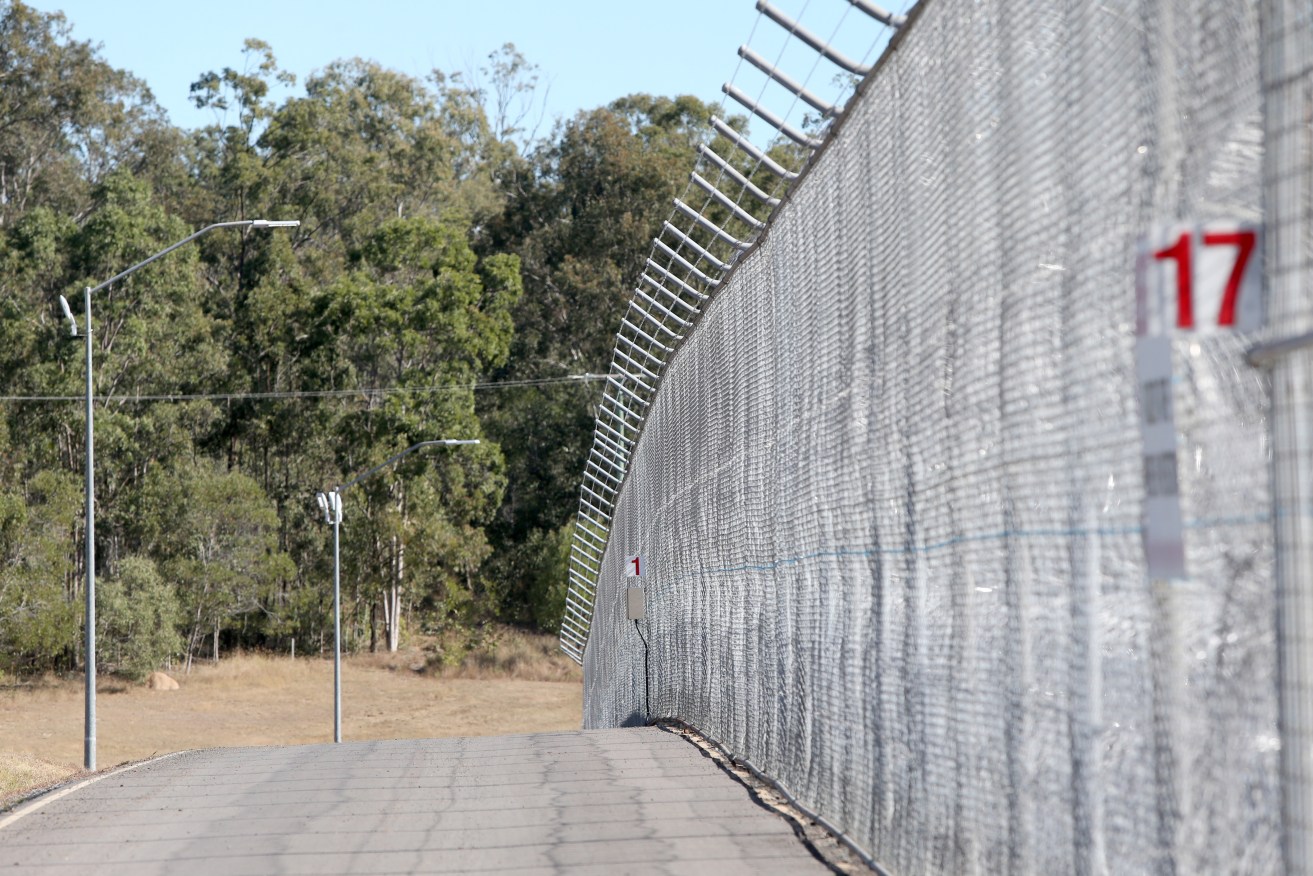Calls for change after 40 deaths in police custody

A report shows 110 people died in custody in 2022-23, which included 31 Indigenous deaths. Photo: AAP
Forty people died in police custody in the past financial year, one of the highest numbers of deaths in more than 30 years.
The Australian Institute of Criminology released its annual report into deaths in custody on Thursday, finding 110 people died in 2022-23.
There were 31 Indigenous deaths and 79 non-Indigenous deaths in custody.
Indigenous people make up less than 4 per cent of the general population but about 33 per cent of prison numbers.
Tweet from @AICriminology
Narungga woman Cheryl Axleby co-chairs Change the Record, the Indigenous-led coalition advocating to reduce the number of First Nations people in prison.
“First Nations people are dying in police and prison cells because of discriminatory policies, which see us arrested at extraordinary rates, and the discriminatory treatment we are subjected to by police and prison authorities,” she said.
“Racist law-and-order politics and policies cost lives.”
Almost three-quarters of the 40 people who died in police custody (29 people) passed away during close police contact, including 17 who were shot, which were all recorded as justifiable homicide.
Lawyer George Newhouse from the National Justice Project works with families who have lost a loved one in custody, supporting and advising them during coronial inquests and other inquiries.
Newhouse said the high number of deaths in police custody should shock every Australian.
“We are seeing higher levels of deaths at the hands of police than we have seen since the 1990s,” he said.
In 2022–23, there were 21 Aboriginal and Torres Strait Islander deaths in prison custody, the highest number of Indigenous deaths in prison custody since 1979-80.
The report found of the 21 Indigenous people who died in prison, cause of death was available for 15 people, eight of whom died of natural causes.
Of the non-Indigenous inmates, 34 died of natural causes and seven were self-inflicted.
Between July 1, 1991 and June 30, 2023, the National Deaths in Custody Program has recorded 545 Indigenous deaths in custody.
Axleby said families’ grief and heartache is behind the statistics.
“The systemic failures of governments to prevent hundreds of Aboriginal and Torres Strait Islander deaths in custody over the last decades is a tragedy, and a disgrace, for the entire nation,” she said.
Axleby said the best way to stop people dying in custody was to keep them out of prison.
“Every dollar the government spends on prisons is one less dollar than can be spent on schools, hospitals and community services that Aboriginal and Torres Strait Islander people desperately need,” she said.
The National Justice Project and about 40 other groups are pushing for reforms, similar to those introduced in Denver, Colorado, where licensed mental health clinicians work in close partnership with the Denver Police Department, responding to calls involving people who suffer from mental illness and/or co-occurring substance use issues.
“Police are not equipped or trained to de-escalate sensitive situations, their culture and training is focused on law enforcement,” Newhouse said.
“Often this is done through the use of force, violence and weapons, which has led to a spate of deaths this year.
“Although the findings may be that the police response was justified, such high numbers of deaths in custody suggest that there’s something systemically wrong with policing in this nation.”
Newhouse and Axleby both said the toll on families who lose a loved one in custody was horrific.
“Some relatives never recover from the trauma that they’ve experienced through the loss of their child in such circumstances,” he said.
13YARN 13 92 76
Aboriginal Counselling Services 0410 539 905
Lifeline 13 11 14
beyondblue 1300 22 4636
-AAP








